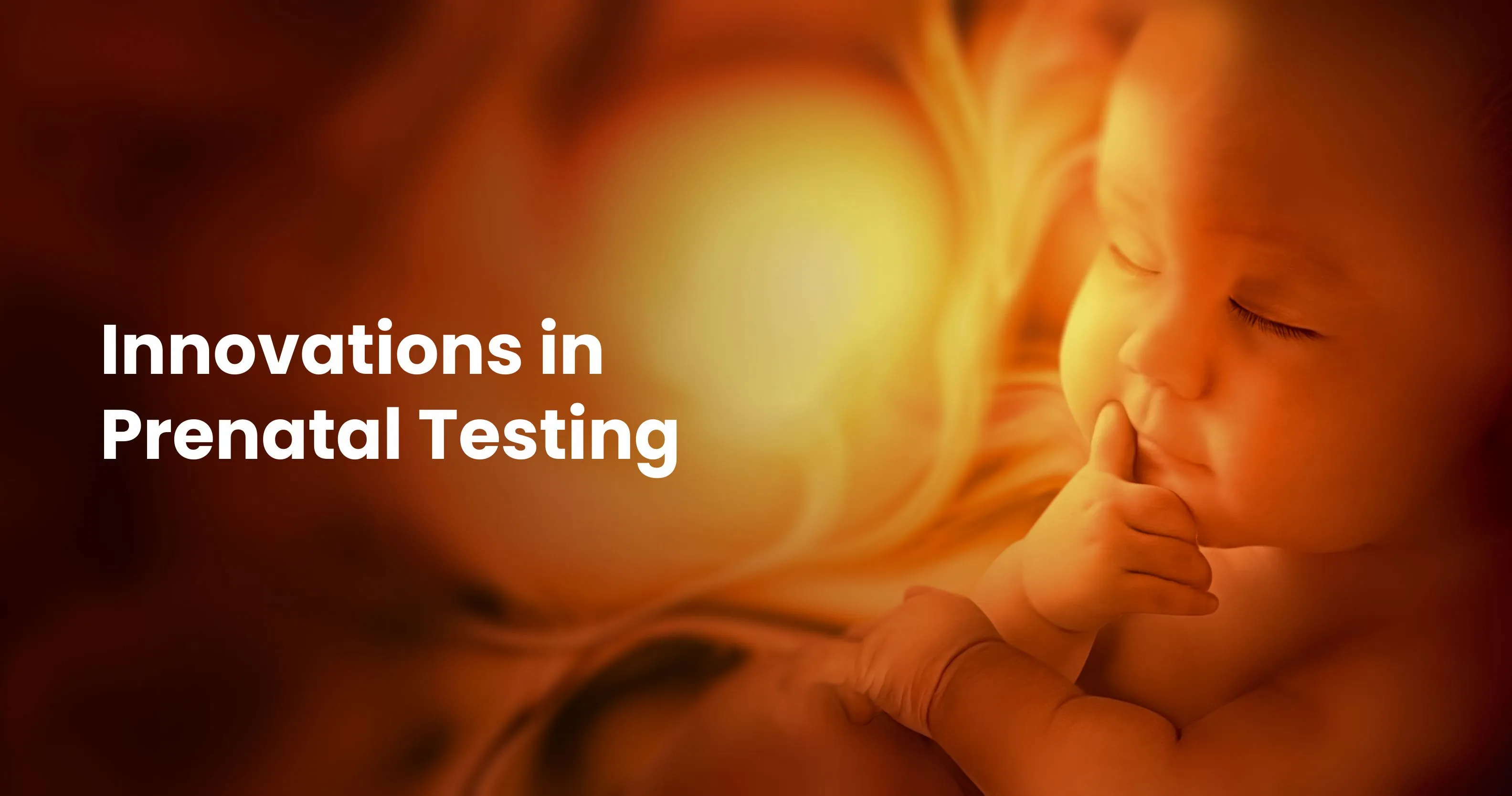Genetic Testing: Risks and Benefits
Jun 03, 2020
Genetic testing is a medical test that pertains to changes in genes, chromosomes, and protein makeup. These are a series of diagnostic tests, which include a blood test and samples of body tissues, to detect genetic disorders. There are more than 2000 types of laboratory tests available to detect the incidence of genetic diseases and syndromes.
Types of genetic testing at pathology services:
Chromosomal genetic tests that analyse long lengths of DNA to find out if there are major genetic changes that can take effect. For instance, through these tests, one can find out if there is an extra copy of a chromosome that can cause genetic problems to the unborn child.
Gene tests analyse short lengths of DNA to check for mutations that can result in a genetic disorder.
There are biochemical genetic tests that analyze protein activity and quantity in cells. If abnormalities are detected, they can manifest in the form of change in the DNA, which in turn can cause a genetic disorder.
Thus, these diagnostic tests give the parents a fair idea about how they would like to approach their pregnancy and the birth of the child. Genetic testing may look beneficial but they also include risks. This is the reason why these diagnostic tests are termed voluntary.
Benefits of genetic testing
The diagnostic tests can help a couple make educated decisions about health care. These tests can give the couple a sense of relief and remove the feeling of uncertainty in their minds about the physical and mental well-being of the child. The tests are convenient and comprehensive; you can even check the results of the lab tests online.
about health care. These tests can give the couple a sense of relief and remove the feeling of uncertainty in their minds about the physical and mental well-being of the child. The tests are convenient and comprehensive; you can even check the results of the lab tests online.
 about health care. These tests can give the couple a sense of relief and remove the feeling of uncertainty in their minds about the physical and mental well-being of the child. The tests are convenient and comprehensive; you can even check the results of the lab tests online.
about health care. These tests can give the couple a sense of relief and remove the feeling of uncertainty in their minds about the physical and mental well-being of the child. The tests are convenient and comprehensive; you can even check the results of the lab tests online.If the results are negative, the expectant parents can have the peace of mind that they do not have to go for additional diagnostic tests or needless health checks. A positive result can prepare the parents better about how they would like to take care of their child, including exploring avenues like prevention, self-care, and treatment. When genetic disorders are identified, parents can plan and start the treatment as soon as possible. Parents can also take the call on not having children altogether.
Risks involved in genetic testing
During the prenatal testing, there is a small but inherent risk for miscarriage, because a sample of tissue from the foetus or amniotic fluid is required. However, the best pathology services ensure that this risk is nullified because of safe, precise and healthy practices involved.
The real risk involved with genetic testing is more to do with the emotional and social repercussions following the positive result. Some couples and their families may not take kindly to the results, leading to disillusion, anger, anxiety and guilt.
Genetic testing provides limited data of an inherited condition, they do not conclusively prove what symptoms will be present and how severe it would be.
Should one go for genetic testing?
It is better to be safe than sorry. If there is technology available in the form of lab tests and pathological services that provide genetic testing, it is better to avail it. Ideally, you can go for genetic diagnostic tests for the following cases-
- If you have a family history of people with genetic defects.
- If you have a child with a genetic defect.
- If you are pregnant or planning to be one, after age 35.
- If you had two or more pregnancy losses
- If an ultrasound or screening tests hint at a certain problem.
Take advantage of pathology services to know if there is a risk of genetic disease to the unborn child. You can also check pros and cons of genetic testing at a laboratory testing centers. Contact a reputed and trustworthy diagnostic center for more information.
Related Blog Post
Blog Categories
- Child Health
- Mens Health
- Women's Health
- Mental Health
- Health Myths & Facts
- Fitness
- Nutrition/Recipes
- Remedies
- Weight Management
- Stress Management
- Health Supplements
- Addiction Management
- Disease Management
- Allergy
- Anemia
- Arthritis
- Asthma
- Autoimmune Diseases
- Blood Pressure
- Cancer
- Deficiencies
- Dengue/Malaria/Chikungunya
- Diabetes
- Eye Problems
- Heart Diseases
- Hepatitis
- HIV/AIDS/STD
- Hormonal Imbalance
- Infection/Flu/Viral
- Kidney
- Liver
- Menstrual Problems
- Pregnancy
- Skin & Hair Problems
- Stomach Ailments
- Thyroid
- Others
- Health Checkups
- Diagnostics/Pathology
- Lifestyle & Wellness
- Covid
- Medical Tests
- Cholesterol
- Health Tips
- Parent Care/Old Age
- Lungs
- Food Intolerance







